When you’re in the music industry, ensuring crisp and clear vocal tracks might often be at the top of your list. Antares Tech’s Auto-Tune offers a suite of tools designed to help with just that, focusing particularly on pitch correction and sibilance control. Here’s a deep dive into what it can do for you and how you can use it.
What AutoTune Does
Auto-Tune is best known for its pitch correction feature, which automatically tunes vocal tracks to the nearest semitone. It ensures your recordings are pitch-perfect while preserving the emotional tone of the vocals. Beyond just correction, it provides a modern effect often heard in pop and hip-hop music, giving vocals a distinct, polished sound.
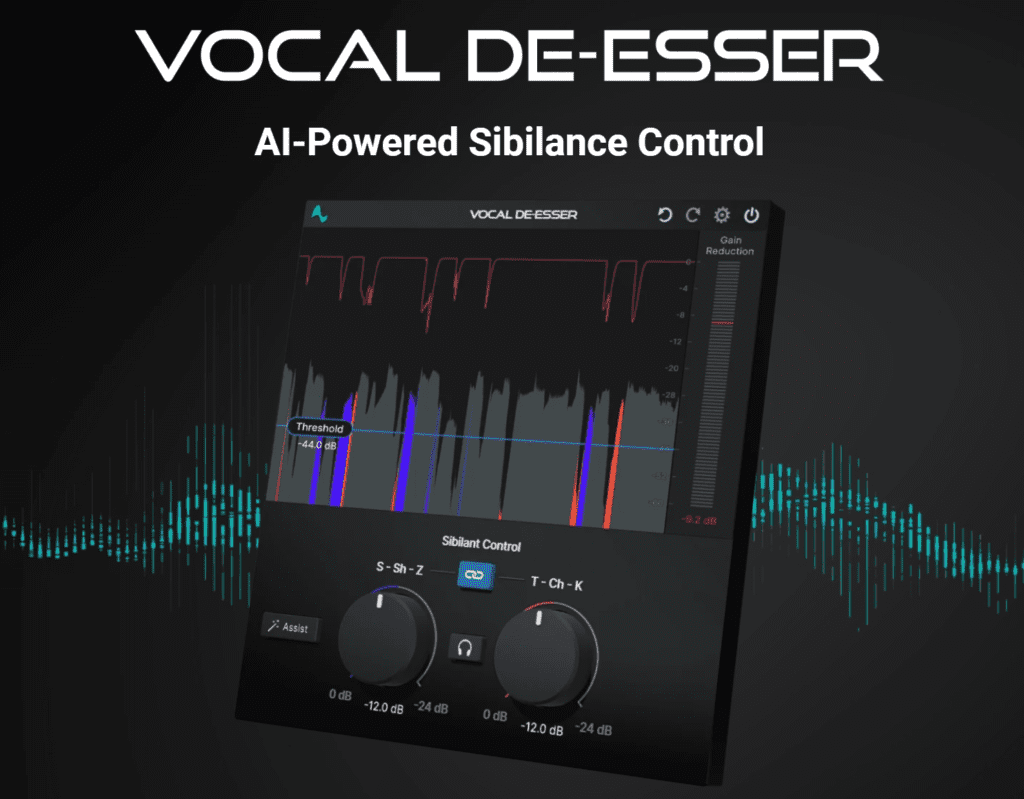
How to Use AutoTune
Begin by loading Auto-Tune as a plugin in your digital audio workstation (DAW). You’ll need to set the key and scale of the track. Adjust the retune speed to manage how quickly the software corrects pitch deviations. For dealing with sibilance, adjust the dedicated controls to reduce harshness without affecting the clarity of the vocals.
Pros
- Precision: It accurately corrects vocal pitches and minimizes sibilance (harsh “s” sounds), ensuring clarity in your tracks.
- User-Friendly: The interface is straightforward, allowing quick adjustments for immediate results.
- Versatility: It’s suitable for both studio and live settings, catering to various levels of production needs.
Cons
- Artificial Sound: Overusing Auto-Tune can lead to vocals sounding synthetic and less natural.
- Learning Curve: While user-friendly, mastering all features for optimal use can take some time.
AutoTune Pricing
Auto-Tune offers various editions, from the basic “Access” version for hobbyists to the “Pro X” version for professional studios, with pricing reflecting the range of features offered.

Use Cases
- Studio Recording: Essential for cleaning up vocal tracks before mixing.
- Live Performance: Provides real-time pitch correction to enhance live vocals.
- Music Production Education: An excellent tool for teaching the nuances of vocal production.
FAQs
1. Can Auto-Tune fix any vocal track? While it’s powerful, it works best on vocals that are already close to the correct pitch. It’s not a substitute for a good vocal take but rather a tool to enhance one.
2. Is Auto-Tune noticeable in a track? That depends on your settings. If you aim for a natural correction, set it to a slower retune speed. For the iconic “Auto-Tune effect,” speed it up.
3. How does it compare with other pitch correction tools? Auto-Tune is often praised for its accuracy and the smoothness of its corrections compared to other tools, which might produce more artifacts or distortions.


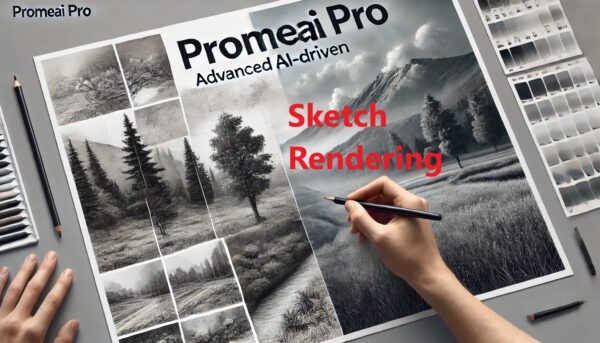


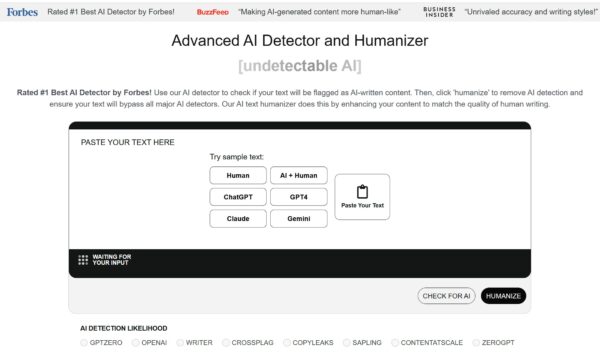
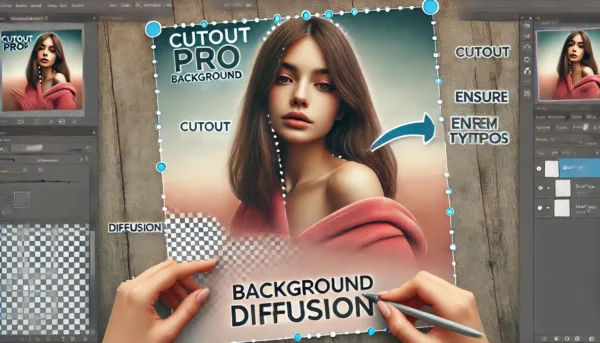


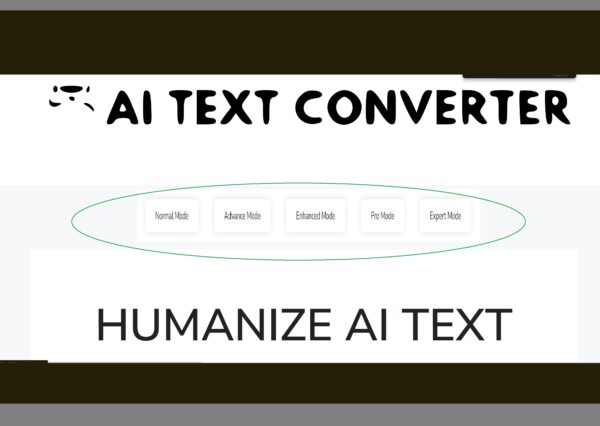



Leave a Reply
You must be logged in to post a comment.